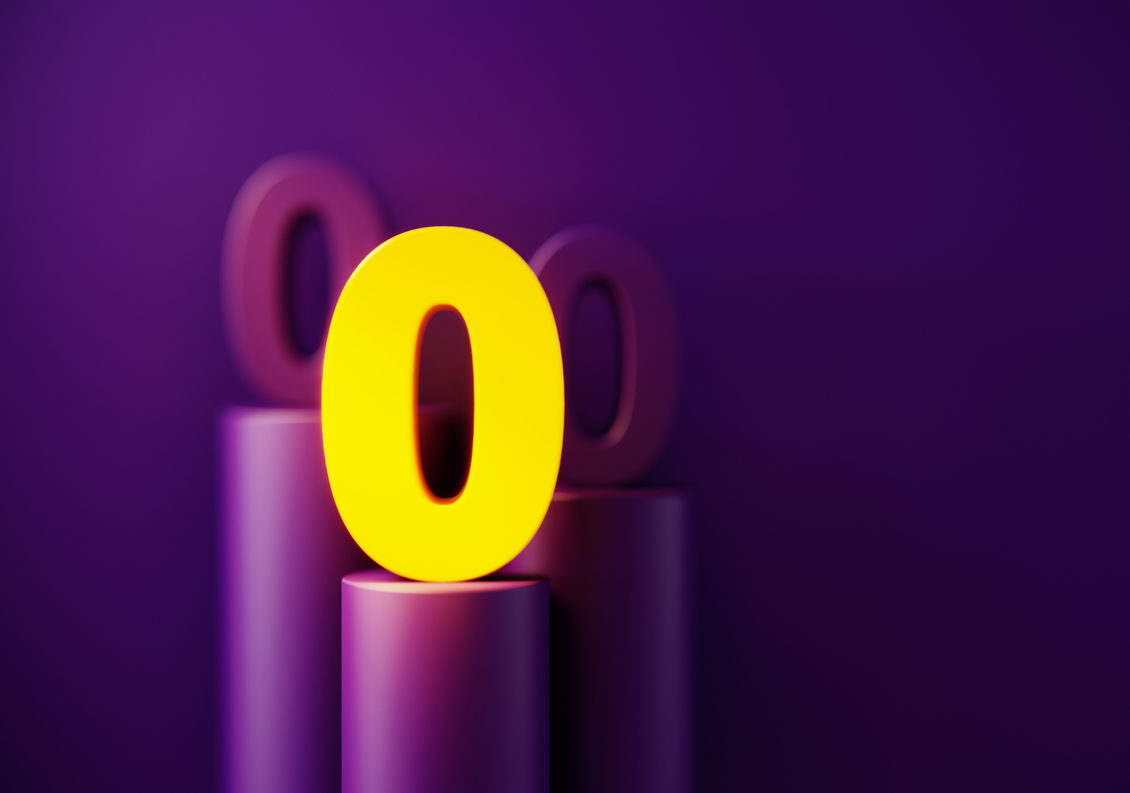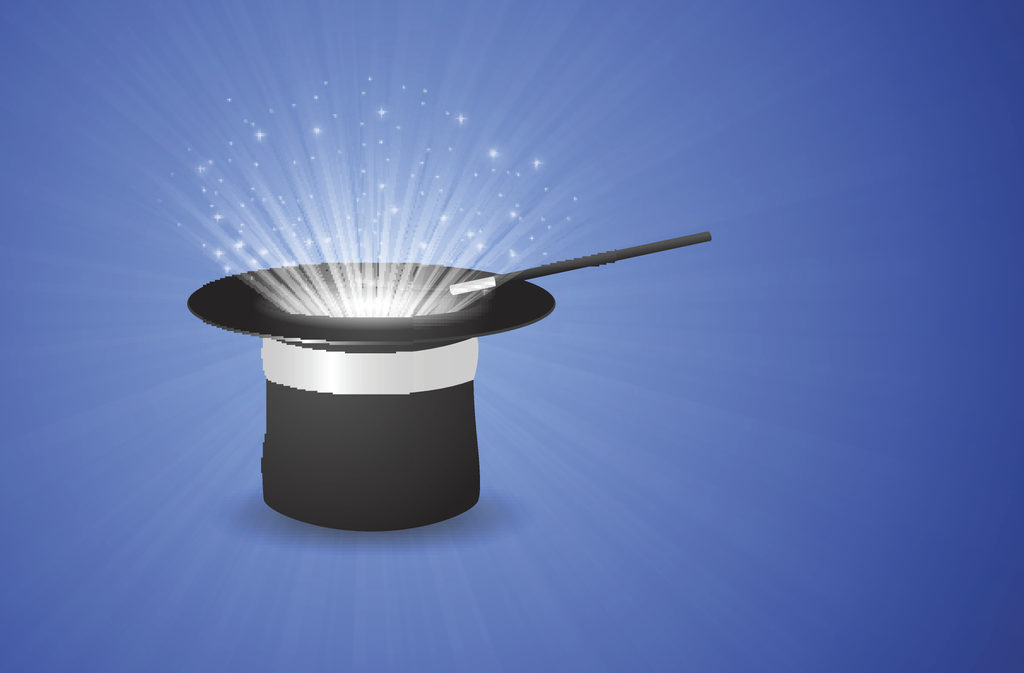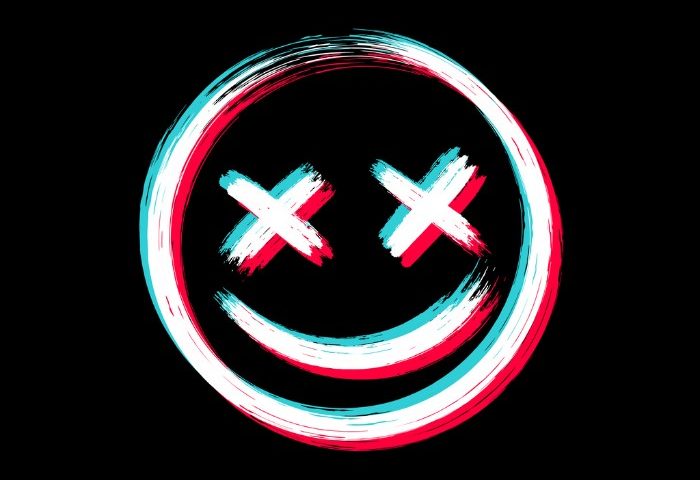Someone tried Link-Jacking us. Should I feel Violated or Flattered?

Zero-Click Searches: What They Are and How to Optimize for Them
November 18, 2022
10 SEO Factors That’ll Make Your Blog Post Go Viral
November 18, 2022The Sordid Tail of an Attempted Link-Jacking
Before I discuss link-jacking...
I need to set the stage here.
We are Digital Marketers. When we write content for ourselves, it's usually industry specific about what we do, day in and day out. PPC, SEO, Websites etc.
In February 2019, we wrote a themed article on love and relationships. It was timed around Valentine's Day, and our colleague/writer had just gone through an ugly break-up. Needless to say, they were a bit jaded, and the article had a healthy amount of sarcasm. Here is the article. The article was funny and got a good laugh or two. And then we all moved on.
Fast forward 6 months and the article keeps showing up in analytics on our "most visited pages." Seems odd - but OK, this is a good problem.
Fast forward another 6 months, and we see words like "Love" and "Relationships" showing up in our page 1 results on Google. Ummm. We're not targeting that. We're not optimizing for that. What the #$%^ is going on?
Have we been hacked?
Now we're genuinely wondering if someone has hacked our website. Are we gonna find a bunch of porn links buried on our site? NOPE. the site is clean.
More time passes, and the article continues to be one of the most popular articles on our site. Cool right? But it's also kinda weird too. We're Digital Marketers, not Relationship coaches. and it was one article, barely over 400 words.
Things continue, and now we're seeing more relationship terms showing up in our search results on page 1 of Google.
- stats about falling in love
- relationship facts and stats
- what percentage of people find love
- couple statistics
- what are the odds of falling in love
- cute relationship facts
The list goes on and on and on and on...
Today - that one article is indexed on Google for over 100 keyword phrases.
14 times in position #1
24 times in the top 3 results
44 times on the first page of Google.
106 keyword phrases ranking on Google (before I just stopped counting.)
Collectively - we rank for more keywords on Google than there are words in that article.
It's just nuts.
Bigger than our own brand
Some of those "relationship" keywords outrank our brand keywords, "Hyperweb," which, until now, I didn't think was possible. Ranking for your brand is just about the easiest thing to do - It happens almost automatically. Outranking your own brand with unbranded keywords - rarely happens.
Why was the article so successful?
The answer to the article's success is more transparent to us now, and we share those insights in another post. But before you leave, read on; this story is even more layered.
The link-jacking attempt
Last week we received a request through our website contact form.
It was an unusual request, and it took me a bit to connect the dots.
Here is the transcript of the request...
Hi, I stumbled upon your article: https://hyperweb.ca/10-statistics-about-love-and-relationships-that-will-drive-you-wild/ We are actually the original source of this data, and I found your faulty reference as I just updated the dataset and article. We have spent years surveying and collecting data, which has also made us an Official Statista partner for the dataset. So getting credits for this is important to us. You can find the original research publicly available at: <linked removed> Will you please make sure to use the original reference instead? Thank you so much. Best Regards <Head Guy CEO & Partner Company X>
Basically - they claim to be the original source of a link we included in our article.
When we wrote an article, we referenced and credited a piece of the article to Reader's Digest (where we got the info for that bit) and went on our merry way.
They implied - they were the original author - that our citation was incorrectly applied and that we should point the link to their website. (3.5 years later)
Curiosity set in
Was our citation truly incorrect?
Why would anyone be worried about a 3.5-year-old article on relationships?
Who were they? and Why was this so important?
Follow the breadcrumb trail
I clicked on their link (I know what you're thinking - don't do it - what if it's a virus)
Relax - I'm on a Mac. 🙂
The link took me to a fancy page that listed a bunch of stats on their article, the methodology they used to collect data, how many hours they had invested in the topic (55 hours of research), and some key takeaways.
Were we wrong?
We wrote our article in February of 2019, and one of our citations referenced the Readers Digest article from 2018. Their article was published in September 2017. The math checked out - maybe they were the original author.
Something is not right!
But, as I dug deeper - cracks started to form.
Their article was reportedly published in 2017, but the methodology cited data collected from 2000 to 2022. Either they were mind readers and could see into the future, or dates had been falsified.
And what was the website about? Well, that's when it finally hit home. Sex Toys. Of course. The website generates articles of content - for SEO purposes and in support of its products. Love and Relationships - well, those are thematically relevant.
All was revealed. (pun intended)
They had tried to link-jack us.
No doubt, their link-jacking program was robust. The landing page they created, the tale they spun, and the direct outreach all took effort. To a less experienced (or maybe less cynical) person, it gave the appearance of legitimacy.
But why go to the effort?
I can imagine a recently hired junior webmaster in a small corporation receiving that email, taking the concern to their supervisor, and without context or historical knowledge, just changing the link out of an abundance of caution.
What's in it for them?
The answer lies in understanding Domain Authority (DA) and SEO Rank.
Getting high DA links can be extremely costly. In some cases, we've paid up to $1500 just for 1 high-quality link. I'm certain you can spend a lot more.
Building high DA takes time and effort (think years and multiple tactics); it's not something you can develop over a week or month.
We were likely just one of many articles/websites they targeted for the same topic. So there are economies of scale there.
High-DA websites are hugely valuable to SEO Experts.
So what is link-jacking?
Link jacking is a technique some website owners use to increase their search engine ranking. This controversial tactic can involve the illegitimate acquisition of links from high-quality websites. By artificially inflating their link popularity, link-jackers can improve their domain authority and rank higher in search engine results pages by aligning themselves with your Domain authority.
The higher the domain authority of the external link, the more Link-juice associated with the site.
Don't worry, we are all safe. 🙂
In our case, we were able to sniff out the deceit. And avoid handing over some of our hard-earned Link Juice. And we're no worse for the attempt. One might even argue we're better off - because this article came out of it.
Rule of thumb
SEO, the Internet and social media can all be scary places. Generally, if someone asks you to link to them, it's only because they want to benefit. It's all about them, not you.
Maybe just NO.

Terry’s cauldron of knowledge in the digital world is the result of a background in advertising, graphic design, web and multimedia development… 25 years in this business.
